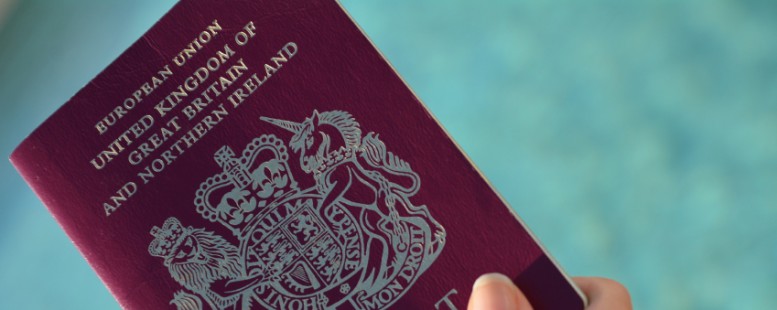Our Opinion: 2019
‘Golden visa’ residency schemes under the spotlight

Governments around the world are targeting globally mobile wealth, with a record 26% of global Ultra High Net Worth individuals planning for emigration this year. A growing number of citizenship and residency by investment schemes are cropping up across the globe – the latest introduced in Moldova and Montenegro.
36% of Ultra High Net Worth individuals already hold a second passport. In emerging markets, in particular, growing economic risk is likely to boost demand for such schemes as money is channelled to safer havens.
Some countries are actively enticing wealthy individuals to relocate with favourable tax regimes. There is, however, concern that foreign buyers of residential property drives up prices for existing residents. Some countries are introducing overseas buyer taxation on residential purchases. Singapore, Australia, New Zealand, Canada and the UK are amongst the countries who will make wealthy non-residents jump through ever larger hoops to access their property markets. In England and Northern Ireland, a consultation on an overseas buyer’s taxation has already began.
In a recent report, The European Commission warned EU member states that the “golden visa” schemes used to attract the wealthy to make investments in exchange for residency rights or citizenship, have exposed the continent to corruption and organised crime.
The 28 EU member states have earned about £22bn of foreign direct investment in the last decade from a variety of different offers to wealthy people under which investors can secure the right to free movement in the bloc.
Bulgaria, Cyprus and Malta sell citizenship in return for investments ranging between approximately £800,000 and £1.6m, while 20 member states offer residence permits for cash. Before her murder, the journalist Daphne Caruana Galizia was investigating an alleged abuse of the scheme in Malta.
Sophie in ’t Veld, a Dutch member of the European parliament, who is the Vice Chair of its committee on civil liberties, justice and home affairs, said the EU had been slow to respond to the abuse.
She said: “I welcome the fact the European commission is, albeit belatedly, sounding the alarm. We need a ban on these schemes, which are exploited by organised criminals who often receive limited background checks, and to align rules for acquiring citizenship. After all, by acquiring citizenship of an EU member state, you get EU citizenship automatically. Golden visas and passports are essentially state-facilitated corruption and money-laundering schemes.”
The commission’s report highlighted the varying standards across the EU in terms of the background checks on applicants. Whilst not having any legal consequence, the Commission has urged governments to adopt common approval criteria and be more transparent about their internal processes.
A long-running court case in Portugal on the alleged abuse of the government’s golden visa scheme led to two people being given suspended sentences and two Chinese nationals fined earlier this month. Visas have been offered by the government since 2012 to wealthy foreigners willing to invest €500,000 in property, make a capital transfer of €1m or create 10 jobs.
The UK are currently reviewing 700 Investor Visas issued to wealthy Russians under its scheme. In December, the British government announced it would suspend its Tier 1 (Investor) Visa programme, which provides a fast-track route to settlement for people willing to invest in the UK, while new rules were being formulated. But the government did not follow through on that pledge, and it remains an option for those looking to secure UK residency rights.
Yesterday, the UK’s Home Office announced reforms to its Tier 1 (Investor) route, ensuring the country is better protected from illegally obtained funds, whilst ensuring that genuine investors have access to a viable visa route. Applicants will be required to prove that they have had control of the required £2 million for at least two years, rather than 90 days, or provide evidence of the source of those funds. It also no longer allows investors to buy UK Government Bonds, meaning investment must be made directly into British business – through their bonds or equities.
Cyprus has also made changes to its Investment programme. Applicants will need to declare if they have applied for citizenship in another EU state and, if they have been rejected, they will not be able to apply. ` has also made changes to its scheme. In addition to the requirement to invest at least €2m in property, applicants now have to donate €150,000 to government initiatives.
Residency is an important aspect of advice for international clients and Knightsbridge Wealth work with the most experienced immigration advisers to ensure they receive the highest quality of advice in a fast-changing environment.
8th March 2019
